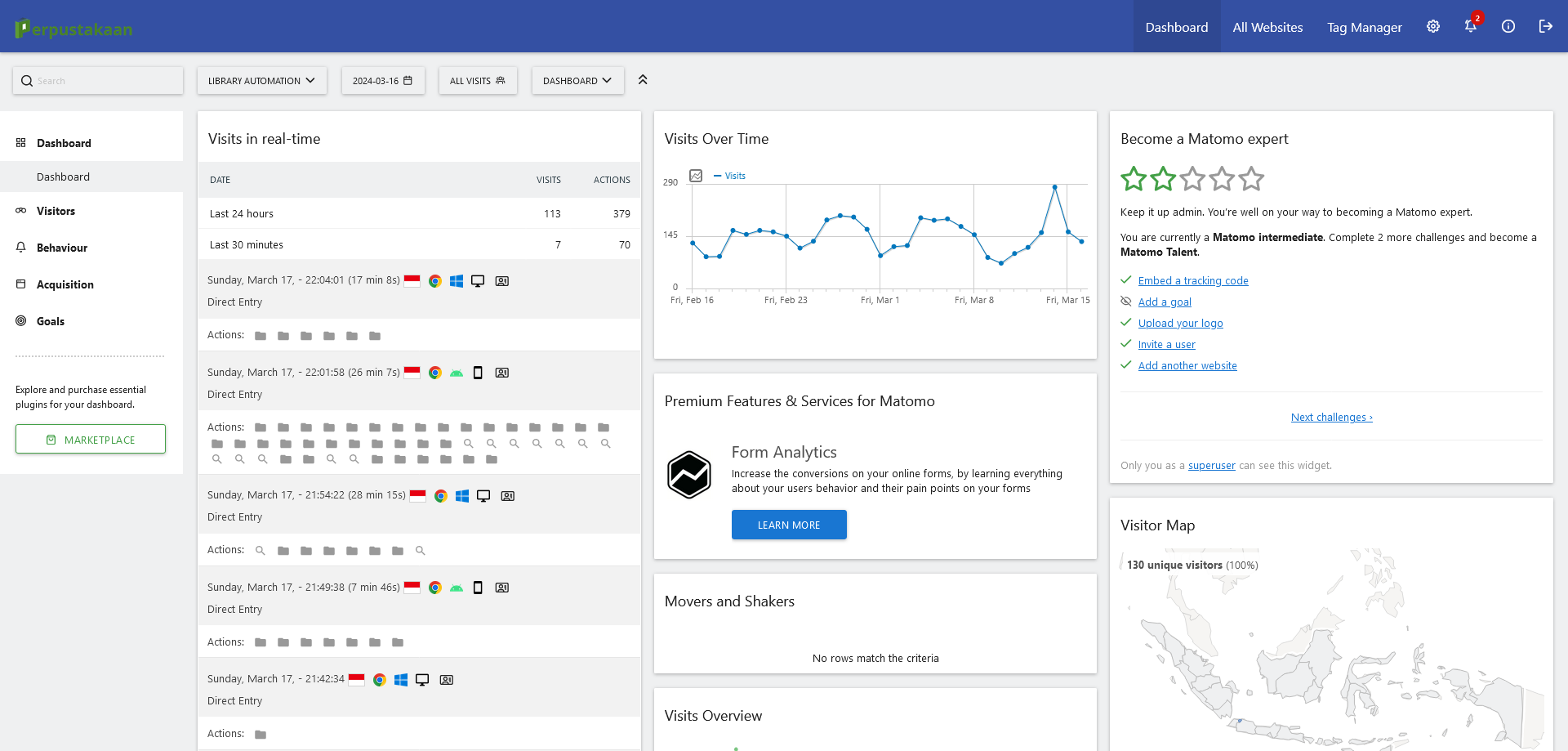Collection Details

Managing chronicity in unequal states :ethnographic perspectives on caring
Calestani, Melania - Nama Orang
Montesi, Laura - Nama Orang
By portraying the circumstances of people living with chronic conditions in radically different contexts, from Alzheimer’s patients in the UK to homeless people with psychiatric disorders in India, Managing Chronicity in Unequal States offers glimpses of what dealing with medically complex conditions in stratified societies means. While in some places the state regulates and intrudes on the most intimate aspects of chronic living, in others it is utterly and criminally absent. Either way, it is a present/absent actor that deeply conditions people’s opportunities and strategies of care.
This book explores how individuals, groups and communities navigate uncertain and unequal healthcare systems, in which inherent moral judgements on human worth have long-lasting effects on people’s wellbeing. This is key reading for anyone wishing to deconstruct the issues at stake when analysing how care and chronicity are entangled with multiple institutional, economic, and other circumstantial factors. How people access the available informal and formal resources as well as how they react to official diagnoses and decisions are important facets of the management of chronicity.
In the arena of care, people with chronic conditions find themselves negotiating restrictions and handling issues of power and (inter)dependency in relationships of inequality and proximity. This is particularly relevant in current times, when care has given in to the lure of the market, and the possibility of living a long and fulfilling life has been drastically reduced, transformed into a ‘reward’ for the few who have been deemed worthy of it.
Praise for Managing Chronicity in Unequal States
'Managing Chronicity in Unequal States' offers us an ethnographic lens to explore the complex and convoluted ways in which people deal with chronic illness and suffering in specific and unequal contexts. If biomedicine grounds the chronic-acute distinction in the 'natural course' of illness, this book invites us to a 'counter-intuitive' exercise: to think of chronicity and care as an inseparable dyad produced in the relational circumstances of life. It is within these circumstances that processes of fragilisation as well as creativity and transformative action emerge vividly.
- María Guadalupe García, Universidad de Buenos Aires - CONICET
'Managing Chronicity in Unequal States presents a set of powerful ethnographic statements on the complexities and inequalities of care in contemporary experiences of chronic health conditions. It shows across diverse socio-political contexts how a range of state apparatuses – or indeed, their absences – shape and constrain attempts at ‘care’ in the manifold forms it can take: social support, prescribed and self-managed medications, persistence in the face of bureaucracy or conditions of precarity, diagnosis and recognition of dis/ability, and assisted dying. The collection performs a valuable service in evoking the many instances and processes through which the needs and rights of individuals and families are contested, wilfully ignored or unnoticed by those who might otherwise be able to meet them.'
- David Orr, University of Sussex
Additional Information
- Penerbit
- London : University College London (2021)
- GMD ( General Material Designation )
- Electronic Resource
- No. Panggil
-
362.1MANL
- ISBN/ISSN9781800080287
- Klasifikasi
- 362.1
- Deskripsi Fisik
- xxii, 275 p.
- Bahasa
- English
- Edisi
- -
- Subjek
- Humans
Anthropology, Cultural - Pernyataan Tanggungjawab
- -
- Info Detail Spesifik
- -
- GMD
- Electronic Resource
- Tipe Isi
- text
- Tipe Media
- computer
- Tipe Pembawa
- online resource




